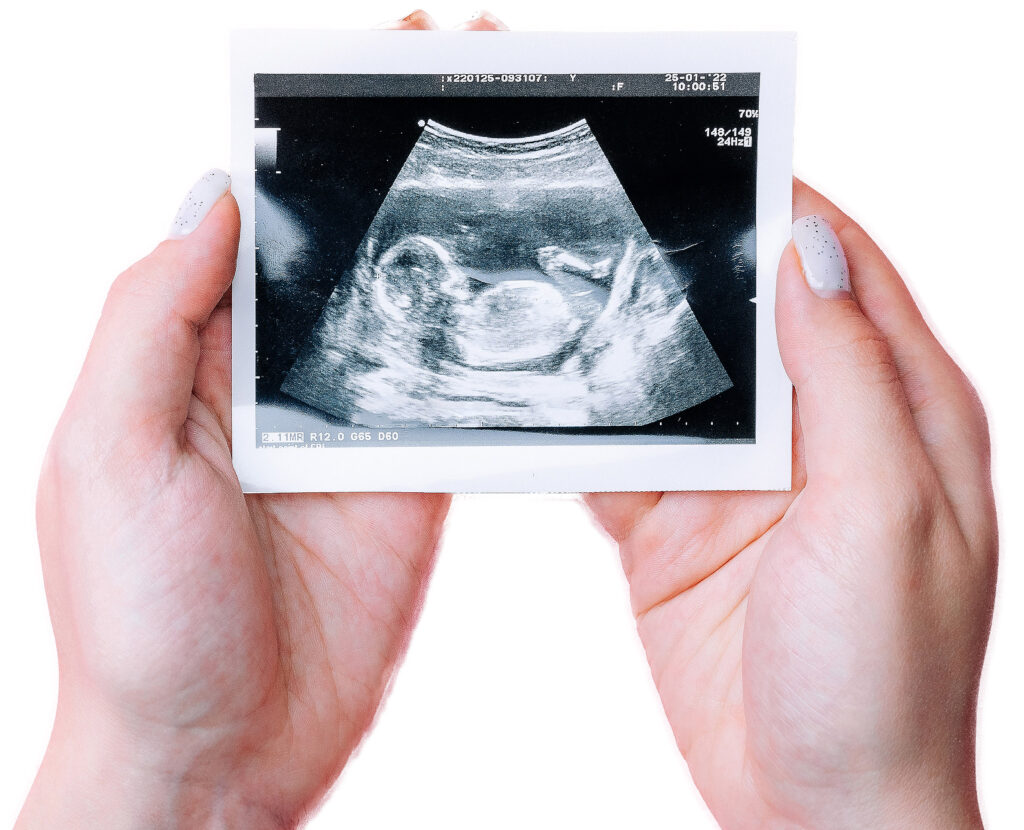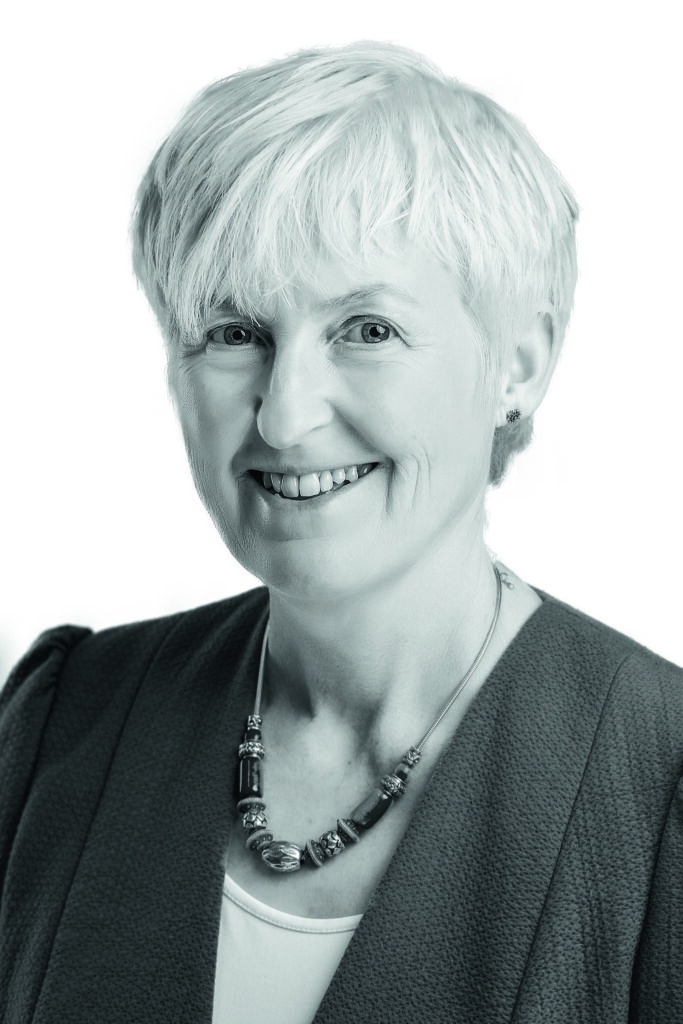Home » HSE fertility services
Publicly funded assisted human reproduction (AHR) treatments were introduced in Ireland for the first time in September 2023. These treatments include Intrauterine Insemination (IUI), In Vitro Fertilisation (IVF) and Intracytoplasmic Sperm Injection (ICSI) for people who meet certain access criteria. In this article, Prof. Mary Wingfield, AHR Clinical Lead with the HSE’s National Women and Infants Health Programme, gives an overview of fertility issues, the new HSE-funded service and the vital role pharmacists can play in supporting patients.

There are many possible causes of fertility problems. In a heterosexual couple, these can relate to the man, the woman, or both partners. In up to 20% of cases, no cause is found, and this is termed ‘unexplained infertility’; unexplained but nonetheless a diagnosis. Around one in six heterosexual couples may experience challenges in getting pregnant. However, studies show that over 80% will conceive within one year if the woman is aged under 40 years and they have regular unprotected sexual intercourse (every two to three days). Of those who do not conceive in the first year, many will do so in the second year.
Single and same-sex individuals who wish to parent are additionally challenged as they need donor sperm, donor eggs, donor embryos, surrogacy or adoption, as do some transgender people.
Many things affect fertility, including age, body weight and certain medical conditions.
Common causes of fertility problems in women include absent or irregular ovulation, polycystic ovarian syndrome (PCOS), endometriosis, pelvic inflammatory disease, post sexually transmitted infections and pelvic adhesions following surgery or pelvic infection. Severe cervical scarring, chemotherapy, radiotherapy and psychosexual problems are less common causes.
Causes in men include testicular surgery or injury, sexually transmitted infections, chemotherapy, radiotherapy, genetic conditions such as Klinefelter’s and hormonal deficiencies. However, many cases of poor sperm quality or quantity are unexplained. Psychosexual issues also arise. In both sexes, being under or overweight, smoking, alcohol and recreational drugs (including steroids and performance enhancing drugs), can affect fertility and also foetal and offspring health. Fertility also declines as people age. This is particularly so for women where fertility begins to decline from the early to mid-thirties. In both sexes, the risks of miscarriage and foetal anomalies increase with age.
People experiencing fertility issues should go to their GP as the first step. The GP can do some initial tests and can refer people to a Regional Fertility Hub if:
At present, donor fertility services are not included in the publicly funded AHR service. It is hoped they will be in the future. However, anyone may be referred to the Regional Fertility Hubs if they have known fertility-related medical conditions; if the woman has a BMI between 18.5 and 35; and if the woman is aged 18 up to 42 (and 364 days, i.e. before their 43rd birthday), and the man is aged 18 up to 59 (and 364 days, i.e. up to their 60th birthday).
There are six Regional Fertility Hubs around the country, connected to maternity hospitals. Further specialist fertility tests, investigations and treatments can be provided for free in the hubs. These include relevant blood tests (for example AMH tests to check ovarian reserve), pelvic ultrasound, semen analysis and specialist scans or procedures to check the womb and fallopian tubes. The hubs can also carry out fertility-related surgery and provide medical management of fertility challenges including ovulation induction with follicle tracking.
There is no cost to patients for tests or treatment in the Regional Fertility Hubs.
Many people will have their fertility issues managed by the specialist fertility teams in the hubs. A Reproductive Medicine Consultant at the hub may recommend further assisted reproduction fertility treatment, such as:
If recommended by a consultant in the hub, and if the couple meet the access criteria, they can be referred for free assisted reproduction fertility treatment in a HSE-approved fertility clinic of their choice.
All private fertility clinics in Ireland will be providing services on behalf of the HSE, with clinics in Cork, Dublin, Galway and Kildare. A number of satellite clinics, where some care may be delivered, will be available in other locations around the country.
“ Single and same-sex individuals who wish to parent are additionally challenged as they need donor sperm, donor eggs, donor embryos, surrogacy or adoption, as do some transgender people.”
Unfortunately, resources are limited, and it has been necessary to devise access criteria for assisted reproduction treatment. This is a common practice internationally and is done primarily to optimise resources by directing services towards those of greatest need and those most likely to conceive and to carry a healthy pregnancy. As stated, there are also legal issues around third-party reproduction. Current criteria in Ireland include that people must be in a heterosexual relationship for at least 12 months and meet one of the clinical infertility categories listed above; women must be aged between 18 and 40 (and 364 days, i.e. before their 41st birthday) and men must be between 18 and 59 (and364 days, i.e. before their 60th birthday) at the time of GP referral to the fertility hub; women must have a BMI between 18.5 and 30; the couple must have had no, or a maximum of one previous IVF cycle, where all embryos created as part of that cycle have been used; and the couple must have no children together, with at least one person not having a living child at all.
Assisted reproduction services are not yet funded for people who require donor sperm or donor egg treatments, be they in heterosexual or same-sex relationships, or single. It is planned to extend AHR services to these groups once the necessary legislative and regulatory safeguards are in place.
In my experience working in this area over many years, well-informed pharmacists can play a vital role in supporting patients and helping them through the stresses and complexities of AHR treatments. Some areas where a pharmacist can really help include:
Most fertility medicines are used to induce ovulation in anovulatory women or to hyperstimulate the ovaries for treatments such as IVF, ICSI or egg freezing (for example, clomifene, letrozole, gonadotrophins). Milder stimulation can be used in IUI treatments. Other drugs are used to prevent ovulation prior to egg collection in IVF (gonadotrophin-releasing hormone agonists and antagonists). A wide range of medications are also now used for luteal support (various progesterones and oestrogen). Hormonal Replacement Therapy (HRT) is used for frozen embryo transfer cycles. Metformin is sometimes used in women with polycystic ovarian syndrome.
The number and range of medications, the timing of their use and their storage requirements can be overwhelming for patients. Pharmacists are ideally placed to help — ensuring patients have clear instructions from their clinic on how and how often to take each medication, making sure they know how to store the drugs and ensuring they have the needles they require for injections etc.
Some people trying to conceive may have a medical condition that requires prescribed medicine. It is important that they continue taking their medicine as prescribed. They should discuss the management of the condition with their GP or consultant as it may affect their fertility journey. This is best done prior to attempting to conceive. Pharmacists are in a unique position to advise about drugs that may impair fertility or affect health in pregnancy.
Most fertility medicines must be prescribed by a consultant and are part of the High-Tech Medicines Scheme. For patients that don’t have a Medical Card, it would be important that they have a DPS card to manage the cost of these medicines.
Pharmacists can help by advising women wishing to conceive to take 400 microgram folic acid supplement daily for at least three months before trying to become pregnant and during the first trimester. This will help to reduce known pregnancy complications such as spina bifida. Women with certain medical conditions, such as epilepsy, diabetes, obesity or a family history of spina bifida, need a higher dose, which requires a prescription. Women should also consider taking a 10 microgram supplement of Vitamin D every day. People with a well-balanced diet should be getting enough of the other vitamins they need and do not need any other supplements. Some herbal remedies can actually aggravate fertility issues.
People are more likely to get pregnant if they are in good health. As well as regular unprotected sex to improve chances, there are some lifestyle things people can do to improve their fertility. These include:
Pharmacists can help, particularly with Nicotine Replacement Therapy (NRT) which is available for free through the HSE’s QUIT stop smoking advisor service. Freephone 1800 201 203 or Quit.ie.
It’s important for a woman to know when she is ovulating. But relying on ovulation kits or apps may underestimate when the woman is most fertile. Most pregnancies start on the day of ovulation or the five days leading up to it. If waiting for an ovulation sign to appear on a test kit, a couple may miss those critical five days coming up to ovulation. On the other hand, ovulation kits may be helpful in supporting a woman to become aware of when she is ovulating, but it is not advised that they are used routinely. They may also increase stress for some people.
Problems with fertility can be extremely stressful and upsetting. However, stress doesn’t cause infertility — unless it stops people from having sex or seeking help. It is helpful to try to manage stress — preferably with counselling, chatting to friends or family, support groups like NISIG (The National Infertility Support and Information Group, nisig.com) and activities such as exercise, mindfulness etc. Sometimes a friendly and sympathetic pharmacist can work wonders.
For further information on fertility issues and fertility treatments in Ireland, please visit hse.ie/fertility.
Prof. Mary Wingfield

AHR Clinical Lead, National Women and Infants Health Programme, HSE
Highlighted Articles